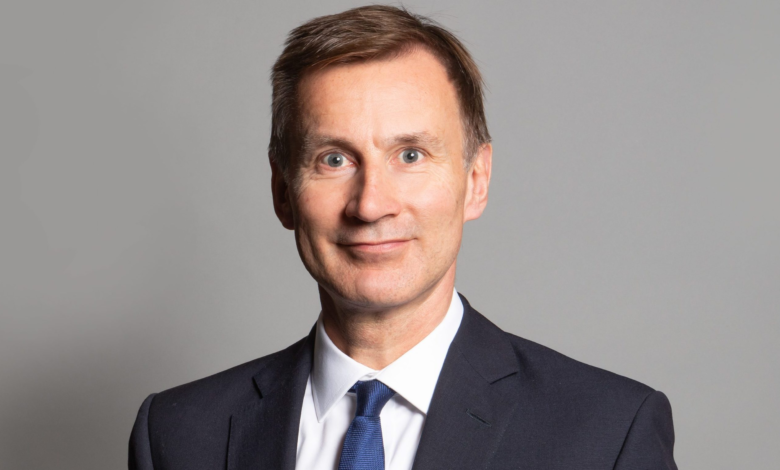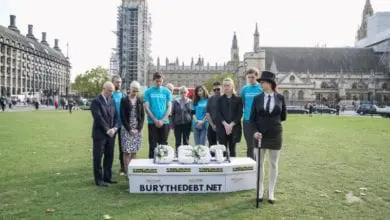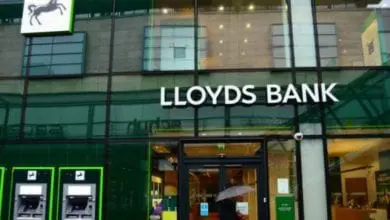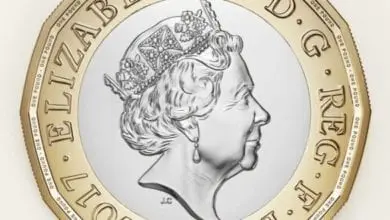Chancellor freezes tax thresholds in Autumn statement
The threshold at which the 45p rate on income tax becomes payable will be reduced from £150,000 to £125,140, meaning those earning over £150,000 will now pay an extra £1,200 a year

Chancellor Jeremy Hunt has announced a raft of measures to help “stabilise” the UK economy and reduce inflation, with tax cuts and spending cuts totalling £55bn in the Autumn statement.







